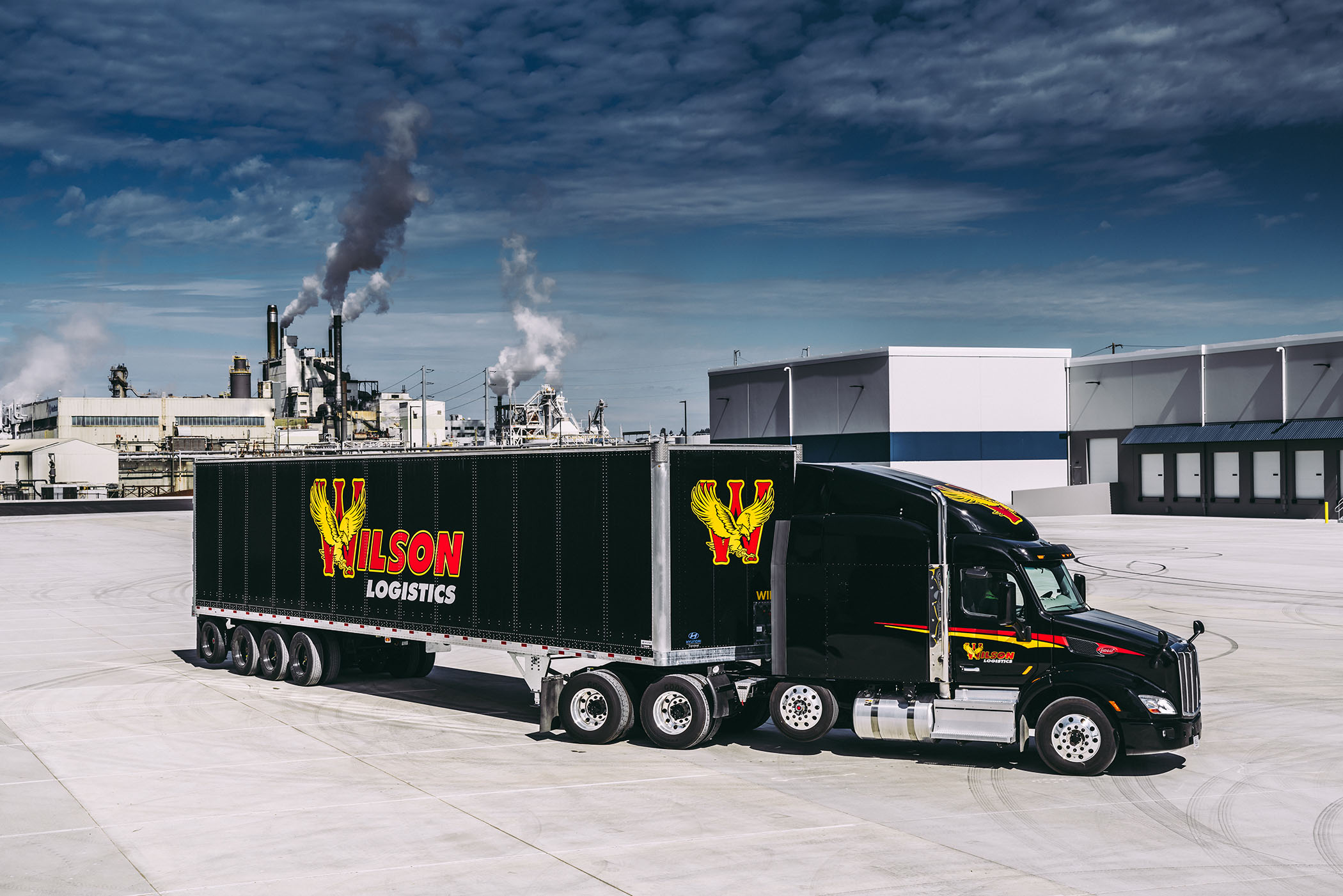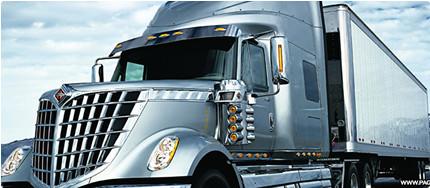Review Questions - Click On The Picture To Begin...

- Communicate the danger of the hazardous materials to emergency response personnel
- Provide emergency responders with the shipping papers and emergency response information
- All of these are proper things to do after an accident involving hazardous materials
- Ask as many people standing nearby to come help control the spread of material
Quote From The CDL Manual:
Accidents/Incidents - As a professional driver, your job at the scene of an accident is to:
- Keep people away from the scene.
- Limit the spread of material, only if you can safely do so.
- Communicate the danger of the hazardous materials to emergency response personnel.
- Provide emergency responders with the shipping papers and emergency response information.
Follow this checklist:
- Check to see that your driving partner is OK.
- Keep shipping papers and ERI with you.
- Keep people far away and upwind.
- Warn others of the danger.
- Send for help.
- Follow your employer's instructions.
- Drive to a remote location, contain the spill, locate the leak
- Drive to the nearest truck stop, pull into a service bay, find the source of the leak
- Park it, secure the area, and stay there
- Park over a drain, stop the leak, clean the spill
Quote From The CDL Manual:
Never continue driving with hazardous material leaking from your vehicle to find a phone booth, truck stop, help or other reason. Remember that the carrier pays for the cleanup of contaminated parking lots, roadways and drainage ditches. The costs are enormous, so do not leave a lengthy trail of contamination. If hazardous materials are spilling from your vehicle:
- Park it.
- Secure the area.
- Stay there.
- Secure the area, warn others of the danger, and send someone for help while you stay there
- Find as many bystanders as possible to come assist you with cleaning the spill before it causes ecological damage
- Make every attempt to contain the spill and locate the source of the leak
- Drive the vehicle away from the public area, then walk to find a phone and call for help
Quote From The CDL Manual:
If hazardous materials are spilling from your vehicle, do not move it any more than safety requires. You may move off the road and away from places where people gather, if doing so serves safety. Only move your vehicle if you can do so without danger to yourself or others.
Never continue driving with hazardous material leaking from your vehicle to find a phone booth, truck stop, help or other reason. Remember that the carrier pays for the cleanup of contaminated parking lots, roadways and drainage ditches. The costs are enormous, so do not leave a lengthy trail of contamination. If hazardous materials are spilling from your vehicle:
- Park it.
- Secure the area.
- Stay there.
- Warn others of the danger and keep them away
- All of these answers are correct
- Keep the trailer doors closed
- Before exiting the vehicle, if possible, take the shipping papers with you
Quote From The CDL Manual:
You might have to control minor truck fires on the road. However, unless you have the training and equipment to do so safely, do not fight hazardous material fires. Dealing with hazardous material fires requires special training and protective gear.
When you discover a fire, send someone for help. You may use the fire extinguisher to keep minor truck fires from spreading to cargo before firefighters arrive. Feel trailer doors to see if they are hot before opening them. If hot, you may have a cargo fire and should not open the doors. Opening doors lets air in and may make the fire flare up. Without air, many fires only smolder until firemen arrive, doing less damage. If your cargo is already on fire, it is not safe to fight the fire. Keep the shipping papers with you to give to emergency personnel as soon as they arrive. Warn other people of the danger and keep them away.
- Keep people far away and upwind
- Ask as many people as you can to come help contain the spill
- Not say anything to anyone as it could cause unnecessary panic
- Keep people far away and downwind
Quote From The CDL Manual:
Accidents/Incidents - As a professional driver, your job at the scene of an accident is to:
- Keep people away from the scene.
- Limit the spread of material, only if you can safely do so.
- Communicate the danger of the hazardous materials to emergency response personnel.
- Provide emergency responders with the shipping papers and emergency response information.
Follow this checklist:
- Check to see that your driving partner is OK.
- Keep shipping papers and ERI with you.
- Keep people far away and upwind.
- Warn others of the danger.
- Send for help.
- Follow your employer's instructions.
TruckingTruth's Advice:
If safely possible, you should always try to contain a hazardous material spill, but the main concern is human safety. Keep people away from the spill and warn anybody nearby of the danger. Don't try to contain the spill unless you can do it safely. Otherwise, contact and wait for emergency crews to arrive.








 TT On Facebook
TT On Facebook